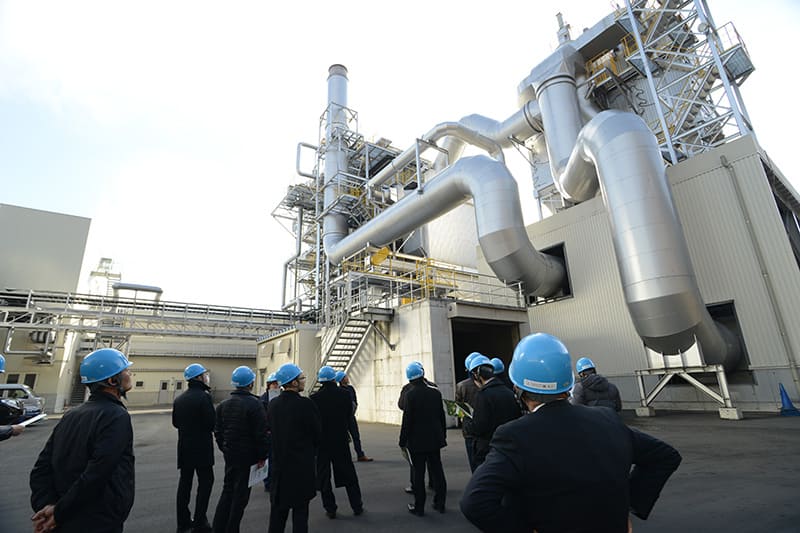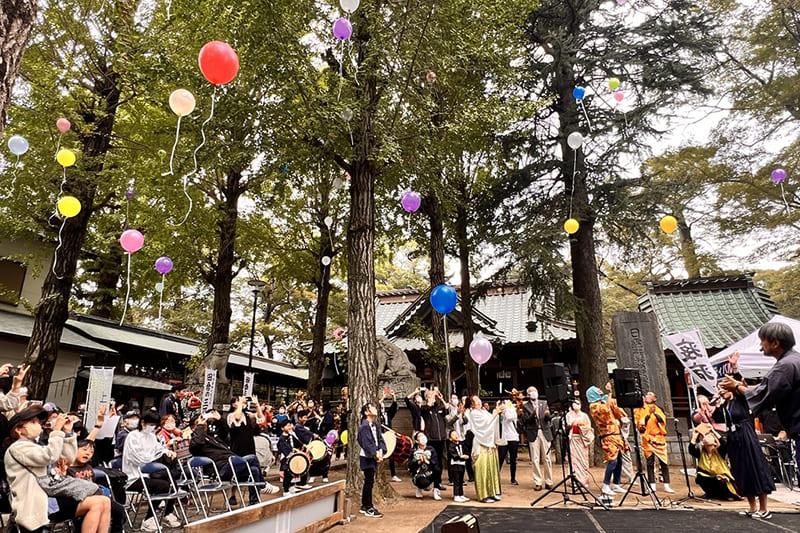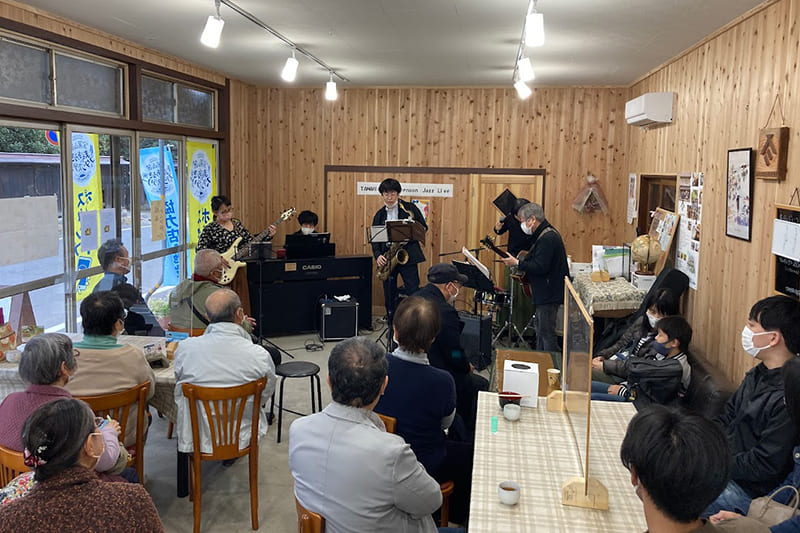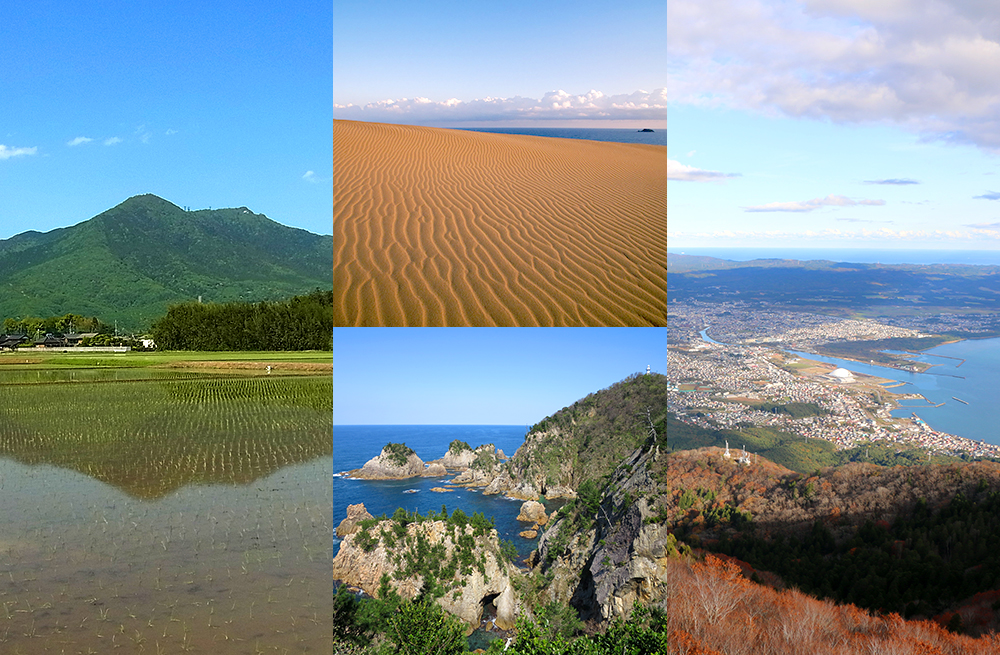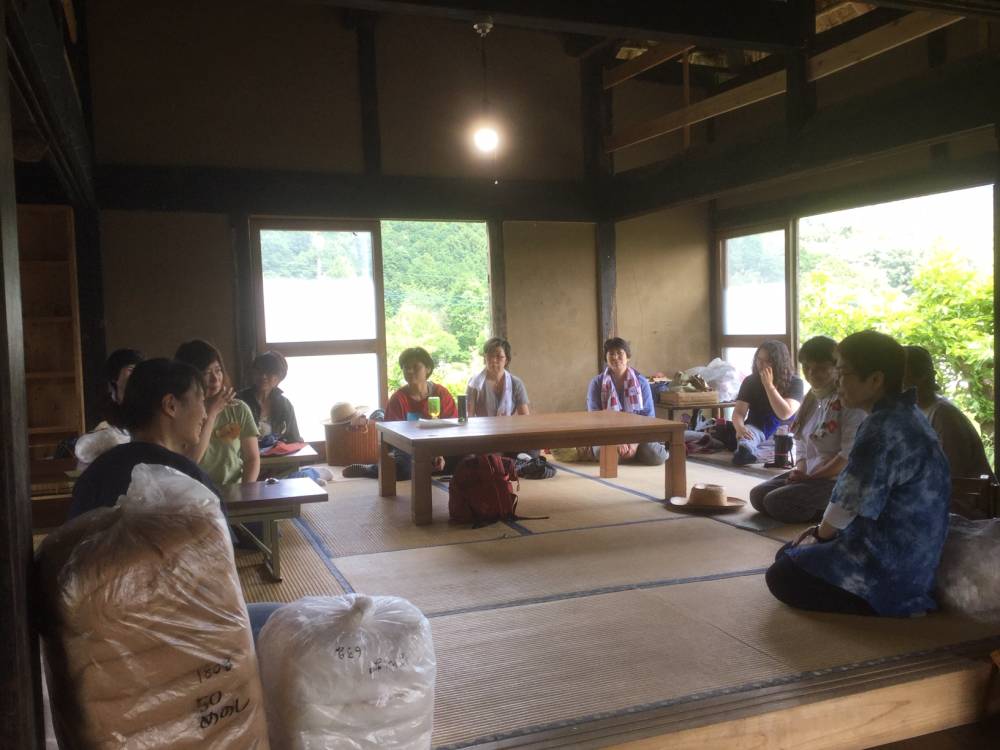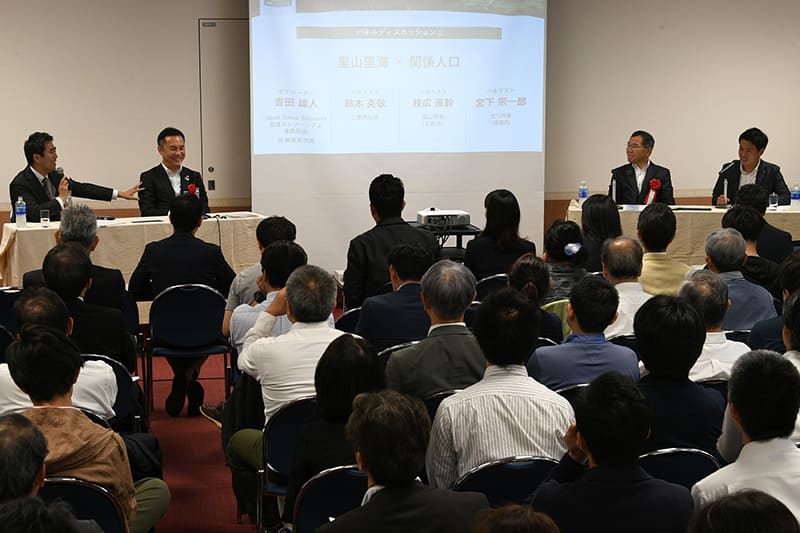February 05, 2021
Citizen revitalization projects take root in Tsukuba district
SPONSORED CONTENT
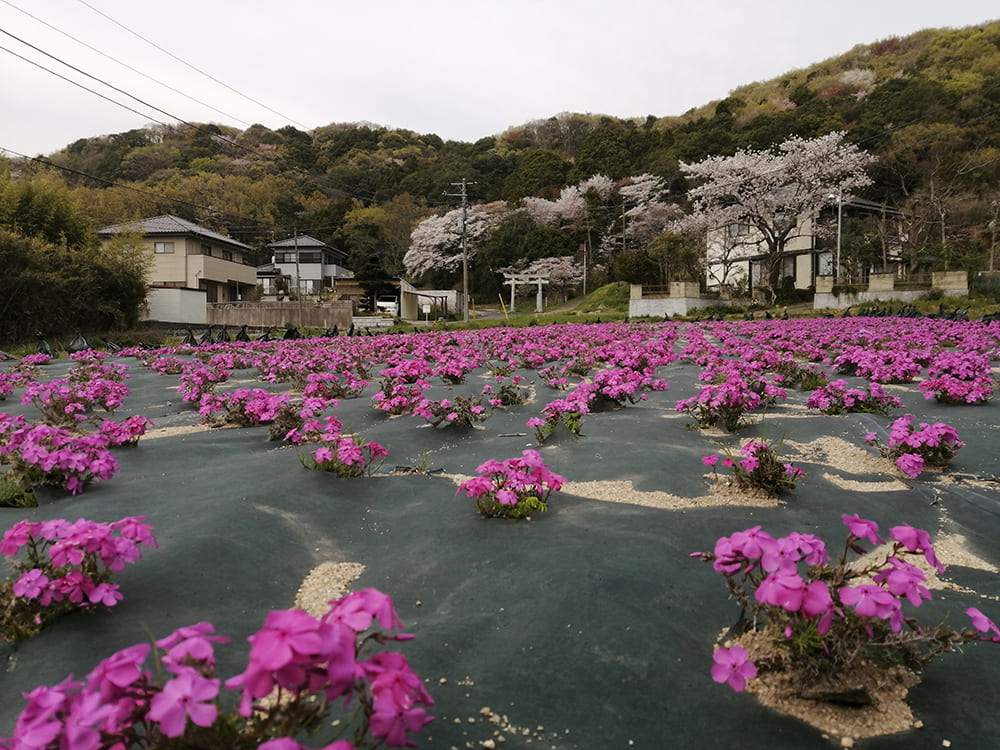
In the Oda district of the city of Tsukuba, citizens are starting to engage in projects aimed at revitalizing the community with support from older generations.
“There were many small groups of young people who helped organize a local festival or worked on other small projects in the neighborhood, so I thought it would be a good idea to put all those groups together,” Masato Suzuki, the chairman of the Society for the Promotion of the Community Development of Oda District, said in a recent online interview with the Japan Times Satoyama Consortium.
“Satoyama” refers to a type of settlement that lies between urban and remote mountain areas and is maintained by the sustainable use of resources, just like Oda, one of the eight districts that surround the central area of Tsukuba in Ibaraki Prefecture.
In addition to various ongoing revitalization projects in those districts, the city organized the Tsukuba R8 Regional Revitalization Plan Competition over the last two years. The final screening session of this year’s competition, which selected five projects out of 27, was conducted online, which allowed more residents to join the audience than in the previous year.
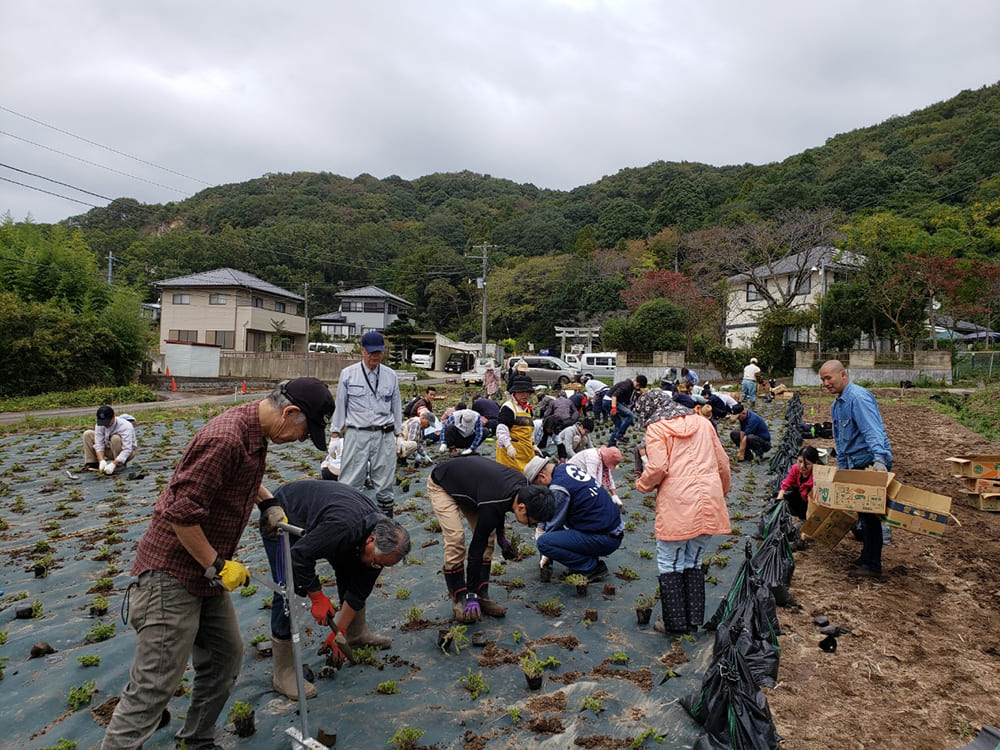
Last year, Suzuki’s organization became one of the winners and received city funding to carry out its project: local residents planting moss phlox, a ground cover plant with vivid pink flowers, in a large vacant lot in Oda.
People who had seen flyers distributed at schools or read municipal newsletters joined in planting at the site in October 2019. “The first flowers bloomed in April this year, but it will take a few years for the plants to cover the entire area,” said Suzuki, explaining that local residents continue to gather regularly to participate in weeding and maintenance, which has resulted in deepening ties across generations.
The organization intends to gradually expand the area to turn it into a future tourist spot. “But moss phlox is not just beautiful. Its roots spread to every corner of the area, supporting the ground and preventing erosion,” he said.
Another opportunity that the city provided to encourage regional revitalization was to hold a series of community development workshops for residents in each area. According to a city official, participants were able to identify the characteristics, resources and potential of their district, which led to the creation and execution of new ideas to promote the districts such as making a town map and restaurant information newsletter, planning events that utilize regional resources, and developing key locations for communities.
Based on what was discussed in the workshops, local residents came up with the idea of using a former elementary school building as a community plaza. It is in a perfect location for both trekkers and bike riders in addition to local residents — exactly between Mount Hokyo, which is part of the Tsukuba mountain range, and Tsukuba Kasumigaura Ring Ring Road, a cycling path with panoramic views.
“Now we are researching the needs of bike riders by actually riding on the road ourselves,” Suzuki said. He also explained that the organization’s members and supporters had made bicycle stands from bamboo. “We have more than 30 supporters who help us with various activities,” he said.
The city has also been supporting this project by renovating part of the school building and letting the organization use it.
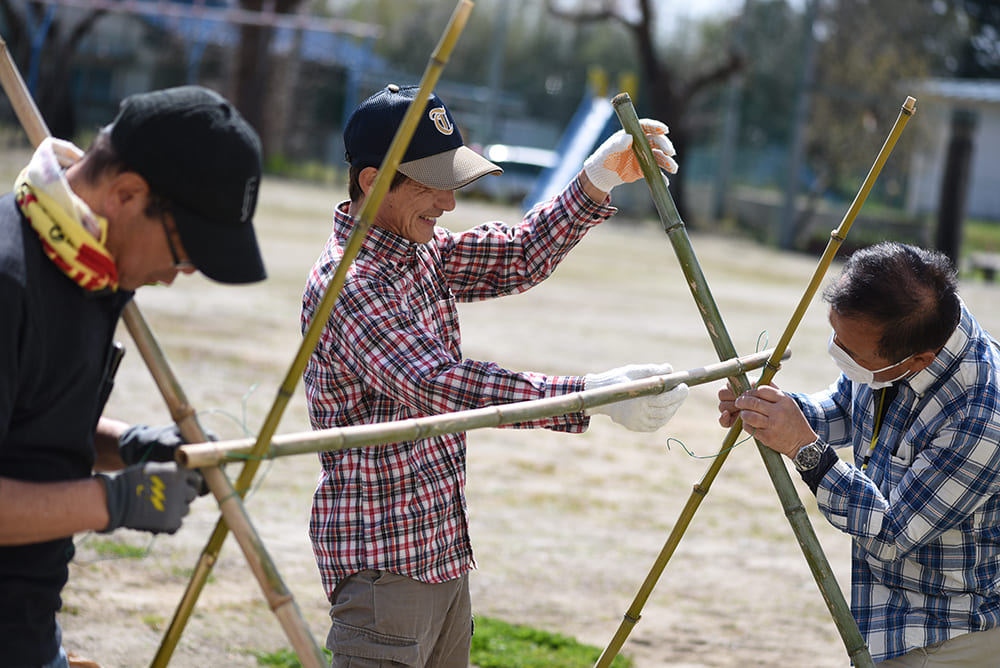
The community plaza also serves as a place for children’s after-school activities. “As this school has been closed, children in this area go to a distant school by bus. They needed a place to play with their friends after they come home,” Suzuki said.
To make money beyond usage fees for cultural and sports activities, Suzuki and his organization’s members are planning to restart the production of souvenir items, such as delicacies made with local rice or onions, that have been suspended due to the spread of the coronavirus.
“The plaza plays the role of connecting people inside and outside the community. I hope more people will visit Oda and experience its charms through interacting with the local residents,” Suzuki said.


